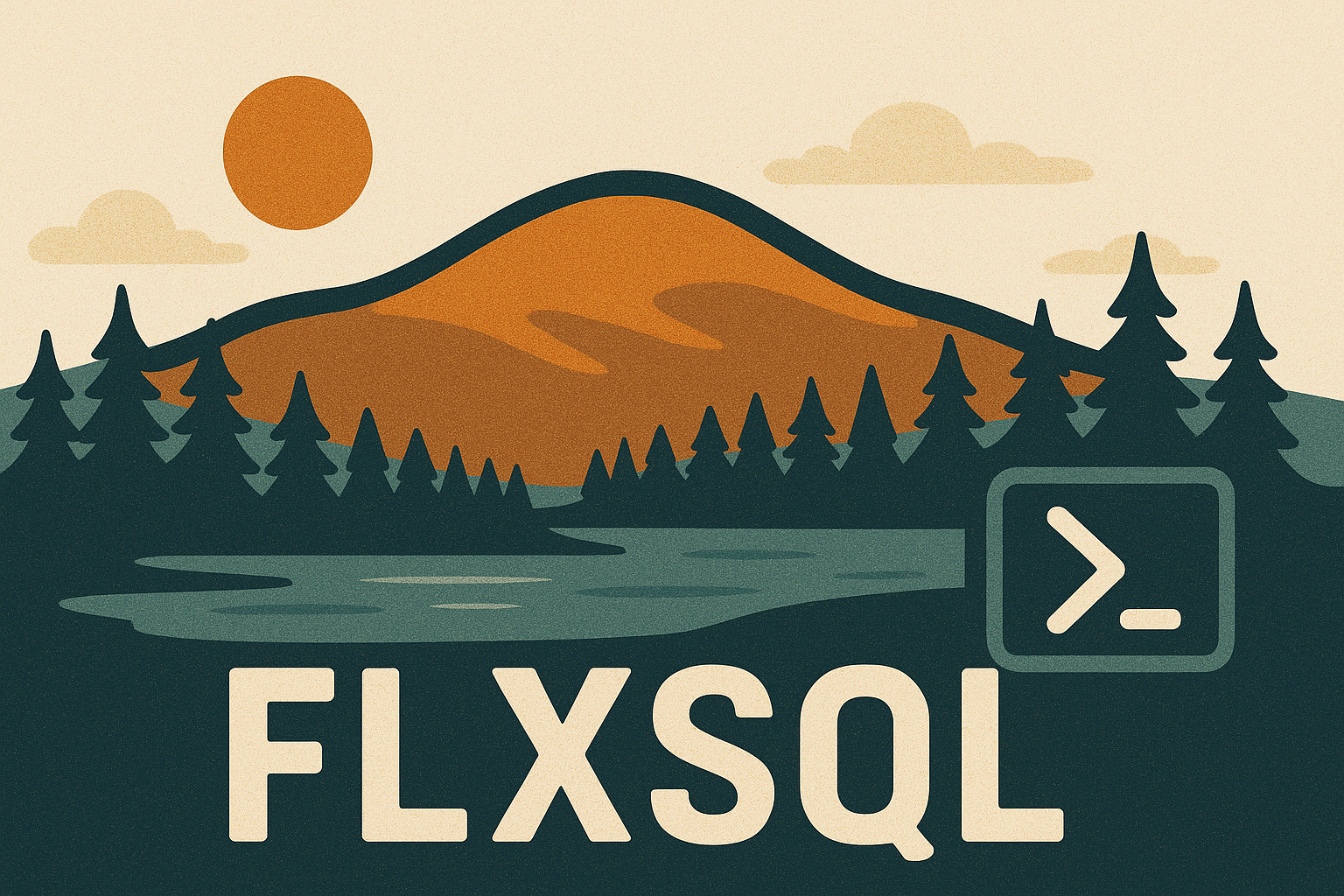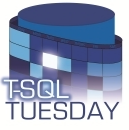I received a sobering reminder this week of a lesson we all have learned or should have learned long ago. Something I said online came back around months later in a completely unexpected way.
That lesson? No matter how careful you think you are online, no matter how private you think an online place is, someone is watching.
A few weeks ago, I received an unsolicited email at work selling a software product. It was a pretty vague message, saying “hey, you should try our product to solve this problem.” Thought nothing of it, I get that sort of thing at work on occasion. I marked the email as spam and figured that was the end of it. A few hours later the same message arrived via LinkedIn from the same person. They really want to make a sale, I guess.

